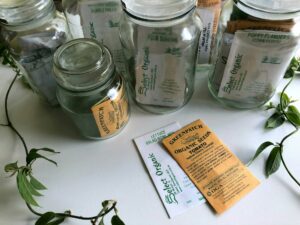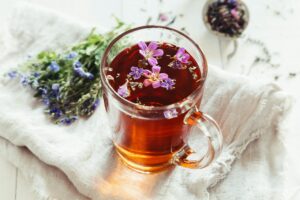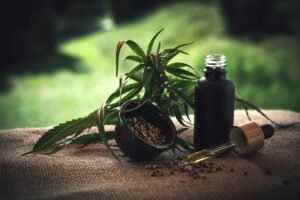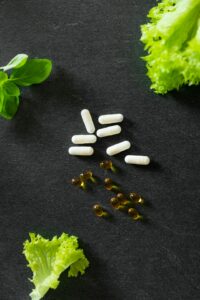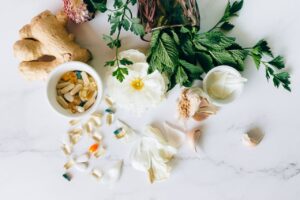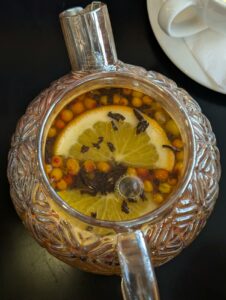You shouldn’t use herbal remedies when you’re pregnant.
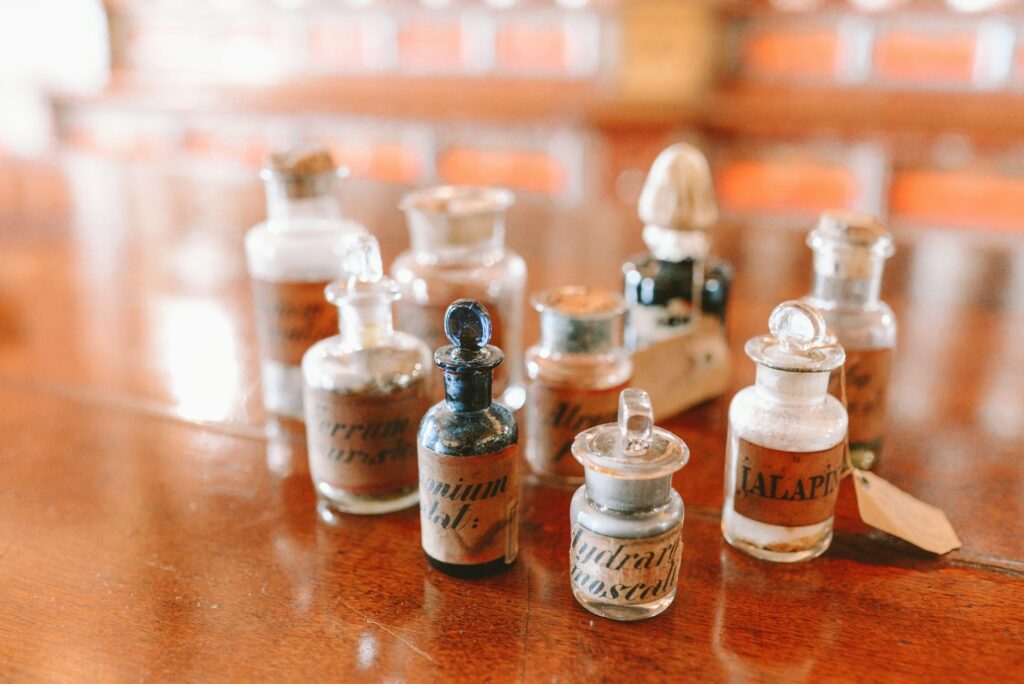
You shouldn’t use herbal remedies when you’re pregnant.
Every choice a pregnant woman makes is important for her and her baby. A lot of pregnant women use herbal medicines to help with nausea, stress, or sleeplessness because they think that “natural” means “safe.” But the truth is that not all herbs are safe to use when you’re pregnant. Some things can make the uterus contract, which raises the risk of miscarriage or stops the fetus from growing normally.
This article talks about the common herbal medicines that pregnant women should stay away from and why it’s important to be careful when using herbal treatments.
Why Some Herbs Are Dangerous to Eat While Pregnant
- Stimulation of the uterus: Some drugs can cause contractions, which could make it more likely for labor to start too soon or for a miscarriage to happen.
- Toxic compounds: Some herbs have chemicals in them that could hurt the baby as it grows.
- Herbs that affect circulation can make it more likely that a woman will have bleeding during pregnancy or delivery.
Not enough research: There hasn’t been enough research on the safety of many herbs for pregnant women, which is a big problem.
1. The first herb here is to stay away from pennyroyal while pregnant.
- In the past, it was used to help women get their periods.
- This can cause contractions in the uterus and even toxicity in both the mother and the fetus.
2. Mugwort (plural)
- In traditional medicine, it is used to help with problems with digestion and periods.
- There is a strong link between stimulating the uterus and the risk of miscarriage.
3. Using Aloe Vera for Internal Use
Aloe gel is safe to put on the skin, but some people may have problems with their uterus and electrolytes when they drink aloe latex or juice.
4. Black Cohosh
- People often use it to ease cramps during their period or to start labor.
- Can cause very strong contractions of the uterus and should only be used when the pregnancy is full term and under the supervision of a doctor.
5. Blue Cohosh
- This is a common way to start labor.
- Fetal cardiac abnormalities are linked to problems during delivery.
6. Dong Quai
- A plant that is often used in Traditional Chinese Medicine to help women stay healthy.
- Stimulates uterine contractions, which could lead to bleeding.
7. Parsley, in amounts that are safe for medicinal use
Even though parsley is safe to use as a cooking herb, tea or extract made from it could cause contractions in the uterus.
8. Sage, especially sage oil, is very important.
It has thujone in it, which could make the uterus contract and affect how the nervous system grows.
9. The Licorice Root
Using too much may cause an early delivery and higher blood pressure.
10. Too much kava and valeretin
- Used to help with both anxiety and relaxation.
- Could affect the newborn’s developing nervous system.
Herbal Alternatives That Are Safer for Pregnant Women
- Some plants are bad for you, but others might be good for you if you don’t use them too much:
- Ginger may help with nausea and morning sickness, so you should take about one gram of it every day.
- A cup of peppermint tea might help with mild nausea and stomach problems.
- Raspberry leaf tea can help tone the uterus in late pregnancy, but only after talking to a doctor.
How to Safely Use Herbal Medicines While Pregnant
- Before using any herbs, you should always talk to your primary care doctor or midwife.
- When cooking with culinary herbs, it’s usually okay to use amounts that are the same as food.
- You shouldn’t take essential oils internally unless your doctor tells you to.
- Choose high-quality herbal products from well-known companies to avoid contamination.
- You should stop right away if you notice any strange side effects.
Herbs can be good for your health, but safety should always come first when you’re pregnant. Many herbal medicines that seem safe may actually make problems more likely, like miscarriage or premature delivery.
The best way to use herbs is with care, under the watchful eye of a trained professional, and in small amounts. Expectant mothers can protect their health and the growth of their child by making informed decisions.

